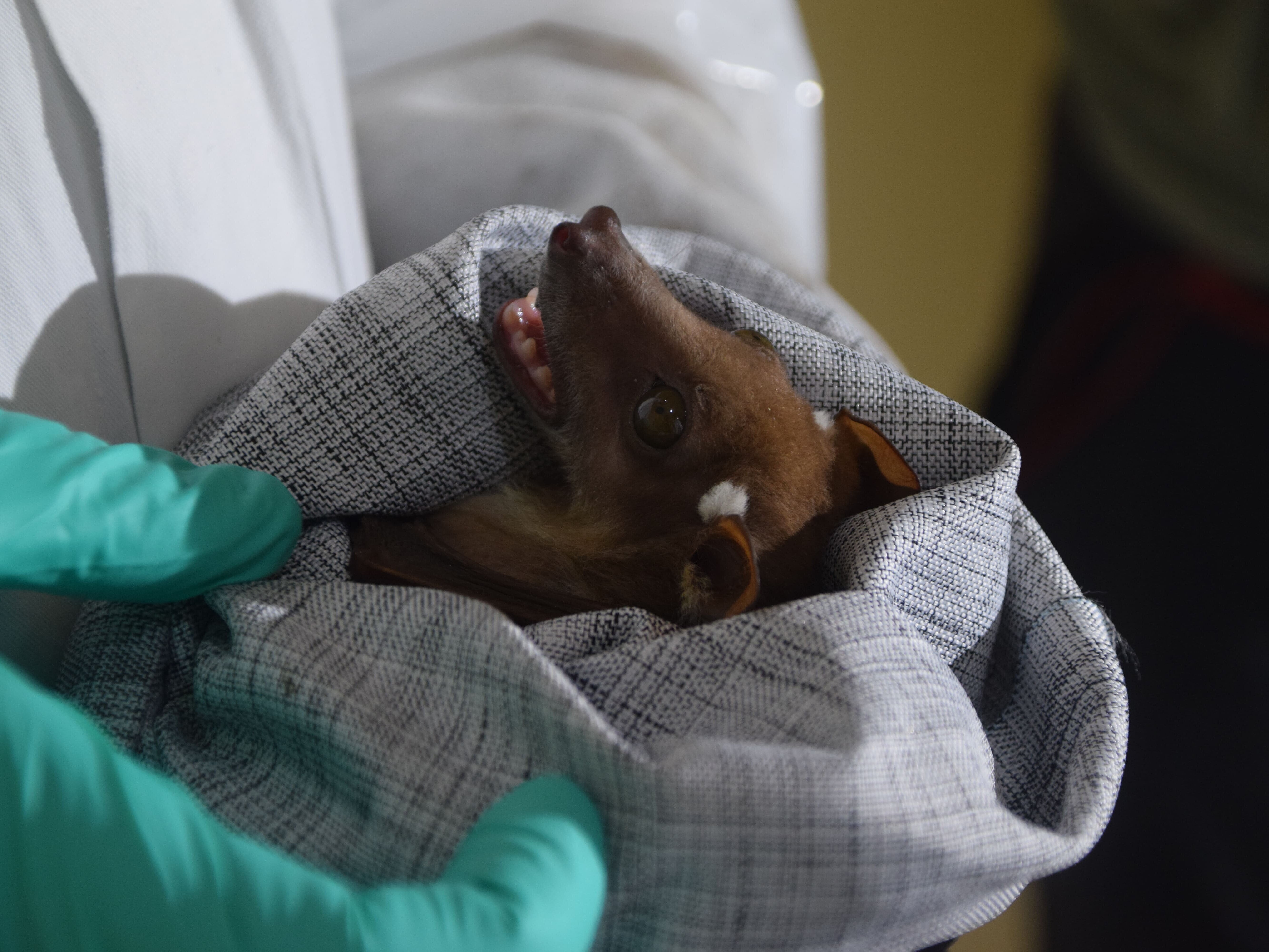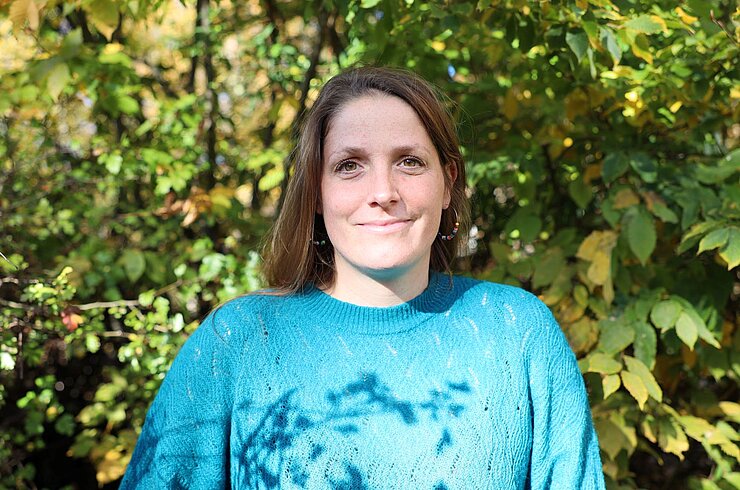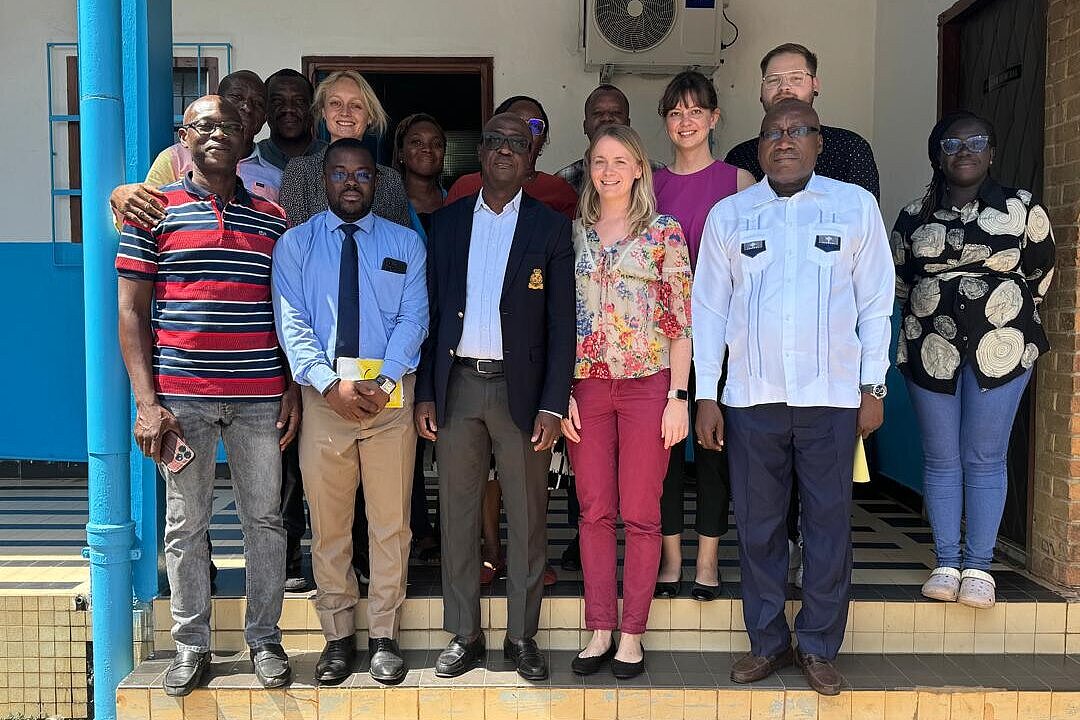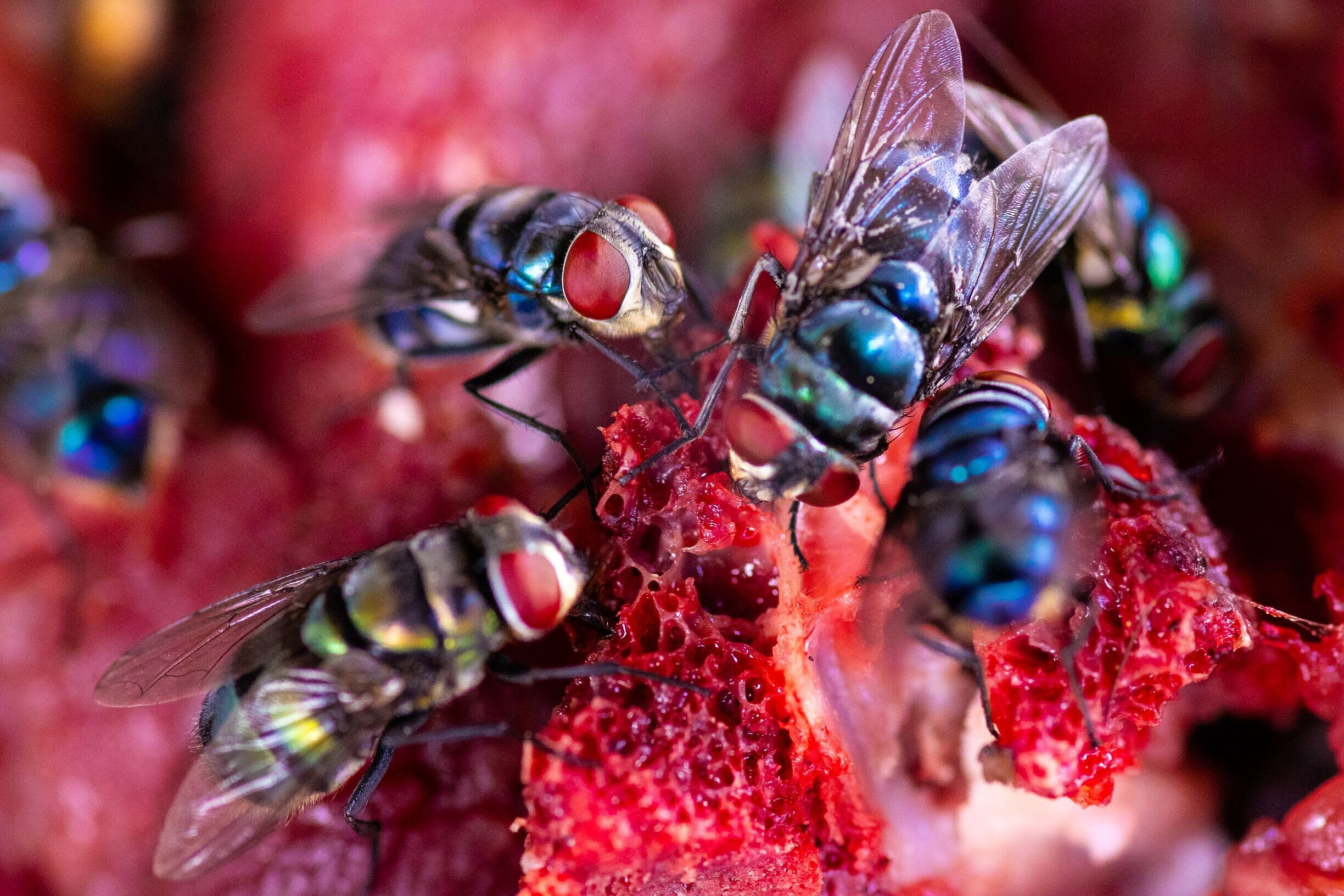
One Health Surveillance

Our Research
The One Health Surveillance (OHS) core unit collects comprehensive longitudinal background data and stores samples on human, animal and environmental health. These data form the basis for in-depth studies by HIOH’s three research departments as well as for collaborative projects with our partners.
The OHS core unit works in two priority regions: Firstly, in the African tropics along population density gradients, from forests to neighboring villages to large cities; areas characterized in part by high biodiversity, but also by substantial ecological change. On the other hand, building on local projects and cohort studies (e.g. SHIP - Study of Health in Pomerania), the OHS is becoming active on HIOH’s doorstep in Mecklenburg-Vorpommern (MV). MV is a region characterized by a rather low population density and intensive agricultural land use.
Third-party funded comparative studies complement these OHS core activities. The resulting additional data allow not only for more global analyses but also create opportunities for increased global and local knowledge transfer.
Our Research
The One Health Surveillance (OHS) core unit collects comprehensive longitudinal background data and stores samples on human, animal and environmental health. These data form the basis for in-depth studies by HIOH’s three research departments as well as for collaborative projects with our partners.
The OHS core unit works in two priority regions: Firstly, in the African tropics along population density gradients, from forests to neighboring villages to large cities; areas characterized in part by high biodiversity, but also by substantial ecological change. On the other hand, building on local projects and cohort studies (e.g. SHIP - Study of Health in Pomerania), the OHS is becoming active on HIOH’s doorstep in Mecklenburg-Vorpommern (MV). MV is a region characterized by a rather low population density and intensive agricultural land use.
Third-party funded comparative studies complement these OHS core activities. The resulting additional data allow not only for more global analyses but also create opportunities for increased global and local knowledge transfer.
Fee Zimmermann
The practical implementation of the One Health approach is imperative for a responsible use of resources.

Fee Zimmermann is a veterinarian specialized in outbreak investigations in the One Health context. As a PhD student at Robert Koch Institute, Berlin, she studied the novel Anthrax causing pathogen Bacillus cereus biovar anthracis, which is responsible for deaths in numerous wildlife species in West and Central Africa (Hoffmann & Zimmermann, Nature 2017). During this time, she was part of an interdisciplinary mission to Guinea investigating the origin of the 2014 West African Ebola epidemic. From 2016 to 2022, Fee Zimmermann worked at the Bundeswehr Institute of Microbiology (IMB) in Munich in the Department of Medical Bio-Reconnaissance & Verification. Here she was responsible for veterinary diagnostics in the rapidly deployable laboratory for the worldwide investigation of unusual disease outbreaks and suspected use of biological weapons. Her responsibilities also included developing field diagnostic assays, as well as leading a project to promote biosecurity in the Sahel. In 2022, Fee Zimmermann assumed leadership of the One Health Surveillance unit at the Helmholtz Institute for One Health in Greifswald, Germany. Her passion is to bring people from different scientific fields together and to bring state-of-the-art methods into the field.
Selected Publications
Braun P, Zimmermann F, Walter M, Mantel S, Aistleitner K et al. (2021) In-depth analysis of Bacillus anthracis 16S rRNA genes and transcripts reveals intra- and intergenomic diversity and facilitates anthrax detection. mSystems, 2021 Feb 22;7(1):e0136121 DOI: 10.1128/msystems.01361-21
Gummelt C, Dupke S, Howaldt S, Zimmermann F, Scholz HC, Laue M, Klee SR. Analysis of Sporulation in Bacillus cereus Biovar anthracis Which Contains an Insertion in the Gene for the Sporulation Factor σK. Pathogens. 2023 Dec 13;12(12):1442. Doi: 10.3390/pathogens12121442
Zimmermann F, Köhler SM, Nowak K, Dupke S, Barduhn A et al. (2017) Low antibody prevalence against Bacillus cereus biovar anthracis in Taï National Park, Côte d’Ivoire, indicates high rate of lethal infections in wildlife. PLoS Neglected Tropical Diseases, Sep 21;11(9):e0005960. DOI: 10.1371/journal.pntd.0005960
Hoffmann C & Zimmermann F* , Biek R, Kuehl H, Nowak K et al. (2017) Persistent anthrax as a major driver of wildlife mortality in a tropical rainforest. Nature, 548(7665),82-86. DOI: 10.1038/nature23309
Saez A, Weiß S, Nowak K, Lapeyre V, Zimmermann F et al. (2015) Investigating the zoonotic origin of the West African Ebola epidemic. EMBO Mol Med. 2015 Jan; 7(1): 17–23. DOI: 10.15252/emmm.201404792

